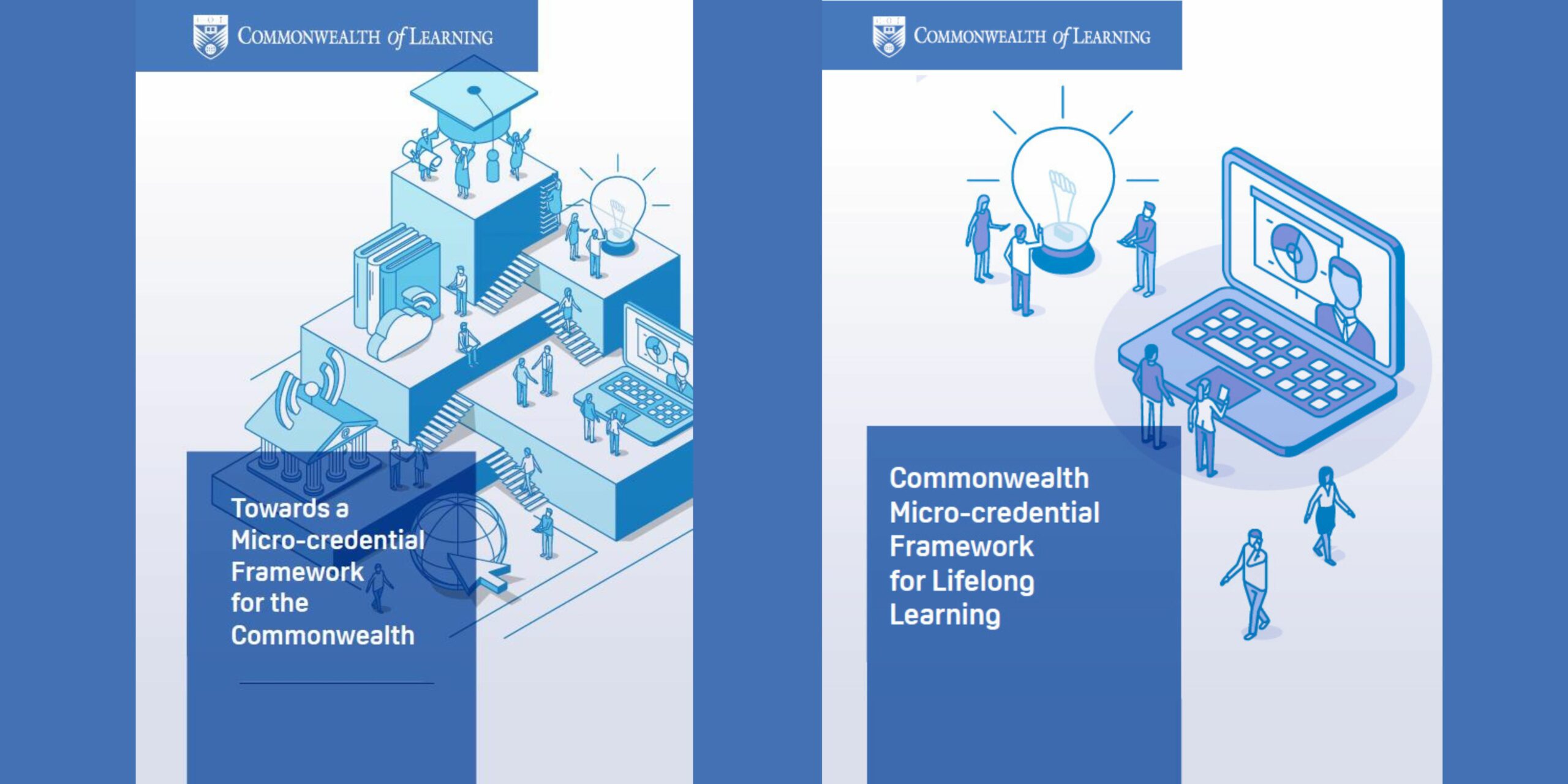
The Commonwealth of Learning (COL) has taken a significant step forward in advancing flexible learning pathways with the development of a Commonwealth-wide micro-credential framework within its ongoing Developing a Commonwealth Credit Transfer Framework: Micro-credentials in a Digital Age project.
A framework emerged from a consultative process that combined rigorous research with wide consultation. COL commissioned studies on published literature, related technologies and a survey on national and stakeholder micro-credentials practices. Five regional meetings were then held across Asia, the Pacific, West Africa, the Caribbean, as well as Southern and Eastern Africa, together with the Mediterranean. These consultation meetings brought together representatives from governments, qualification and quality assurance agencies, and industry to deliberate on definitions, challenges, and opportunities related to micro-credentials.
Inputs from external experts, COL Focal Points from member states and COL staff also informed the process. According to Dr Jako Olivier, Adviser: Higher Education “This process ensured that the framework reflected national and regional insights, thereby capturing the diversity of contexts across the Commonwealth. This blend of regional voices and national perspectives gave the project a strong foundation of shared ownership and credibility.”
Two landmark outputs have emerged from this process. The first is the report Towards a Micro-credential Framework for the Commonwealth, which consolidates global and regional published and collected data, stakeholder consultations, and technological reviews. It identifies pressing needs, including the alignment of micro-credentials with national qualification systems, quality assurance mechanisms, and greater clarity about their value for learners, postsecondary educational institutions, employers and governments.
Among the key issues highlighted in the report are the importance of consistent policy frameworks, the need for interoperable digital technologies to support trustworthy certification, as well as the value of regional cooperation in building mobility pathways between learning and work. The framework recognises micro-credentials not only as tools for employability and workforce development but also as stackable and flexible instruments for equity, empowerment, and lifelong learning.
The second output is the Commonwealth Micro-credential Framework for Lifelong Learning, which provides a reference model for Commonwealth member states and beyond. Rather than prescribing a one-size-fits-all solution, the framework offers guiding principles that can be adapted to national and institutional contexts. It emphasises portability, quality assurance, recognition of prior learning, and learner-centred approaches, as well as proposing common micro-credential metadata.
Dr Olivier also notes, “By advancing this initiative, COL has provided member states with a flexible yet coherent model to integrate micro-credentials into their national systems. This achievement reinforces the Commonwealth’s shared vision of expanding access to lifelong learning and promoting inclusive, sustainable development.” The next phase of the project involves a workshop at the Eleventh Pan-Commonwealth Forum on Open Learning in Botswana, with implementation in five countries and one region in the Commonwealth.


